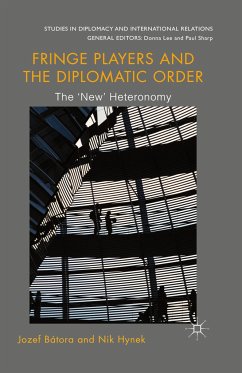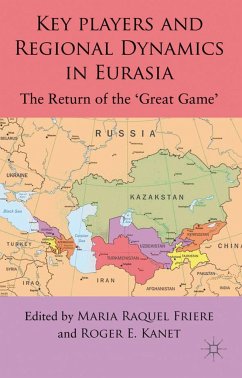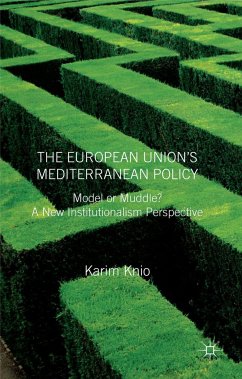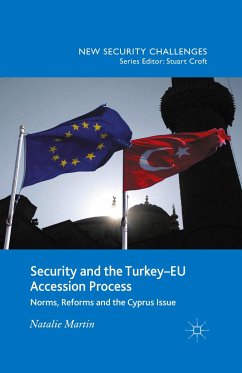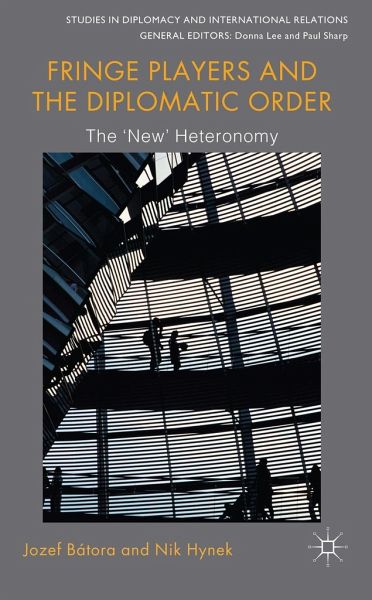
Fringe Players and the Diplomatic Order
The 'New' Heteronomy
Versandkostenfrei!
Versandfertig in 6-10 Tagen
68,99 €
inkl. MwSt.
Weitere Ausgaben:

PAYBACK Punkte
34 °P sammeln!
This book analyzes ways how three fringe players of the modern diplomatic order - the Holy See, the Sovereign Military Order of Malta, and the EU - have been accommodated within that order, revealing that the modern diplomatic order is less state-centric than conventionally assumed and is instead better conceived of as a heteronomy.





